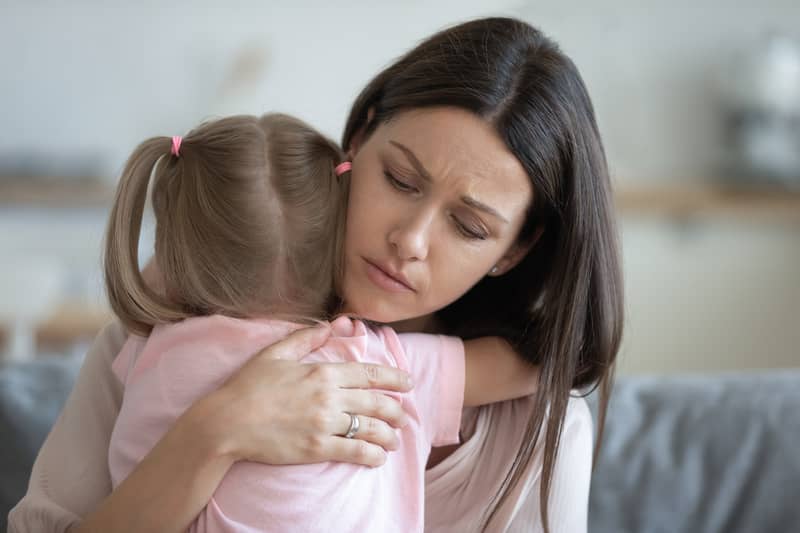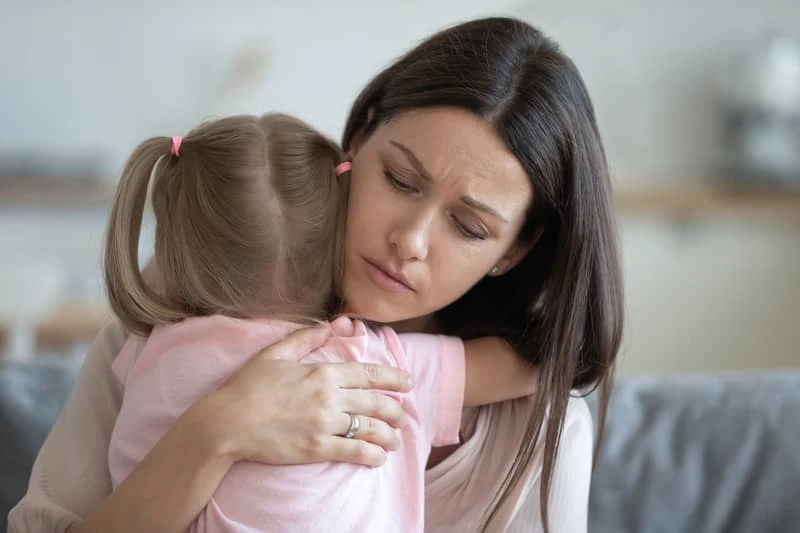Removal of a Child from Unfit Parent


The Juvenile Code in North Carolina, within Chapter 7B of the General Statutes, sets forth the protocols associated with the
removal of a child from an unfit parent and allegations of Neglect, Dependency, and/or Abuse.
Removal of a child or children from an “unfit parent” requires formal findings regarding a concurrent long term permanency placement.
§ 7B-906.2(b) requires, by statute, the District Court Judge in Cumberland County (and throughout all of NC) include, as part of a Permanency Plan, possible reunification of the child and parent.
N.C.G.S. § 7B-906.1(e)(1) also requires the Trial Court to make findings as to whether it is indeed possible for the child or children removed from custody to be placed within six (6) months with the parent.
As is the case in all legal matters involving family court and DSS Abuse Neglect Dependency issues, the “polar star” requires focusing on the Best Interests of the children at issue.
Best Interest considerations include things like:
- Safety of Children
- Continuity
- Permanence
When may a Court remove a Child?
When deemed appropriate, removal of a child from a parent is subject to the Juvenile Code in Chapter 7B, Article I and Abuse, Neglect, and Dependency proceedings.
Such matters are handled in District Court in North Carolina.
Fayetteville Family Law Attorney
Child Custody issues, including support, visitation, and abuse neglect issues, are decided by a District Court Judge and not a jury.
The “Trial Court,” the District Court Judge, is charged with the responsibility to prevent “unnecessary” and/or “inappropriate” separation of child and parent.
DSS proceedings, those involving Child Protective Services and allegations of child abuse, are at times part of legal separation and divorce – Cristina Segui Quantock, Divorce Attorney Fayetteville NC
In the event the Court deems it in the Best Interests of the child or children to remove them from an unfit parent, there are Standards for Removal.
Removal requires a type of Review Hearing that is formally designated a Permanency Planning Hearing.
The Permanency Planning Hearing must be set within one year of the date upon entry of the Order. See N.C.G.S. §7B-906.1(a).
What is a Concurrent Plan?
When considering the removal of a child from a parent, the Trial Court is required under the law to establish what divorce lawyers and family law attorneys in Fayetteville may refer to as a Concurrent Plan.
Sometimes lawyers may call that a “dual-track.”
The Court hopes for the best while making plans for the worst – Cristina Segui Quantock, Divorce Lawyer Fayetteville NC
As such, the Judge must set forth goals.
That is ordinarily broken down into a primary plan and a secondary plan, where unification with the parent is an established goal set forth by the Court.
Divorce Tips – Three Things You Should Know
Again, the primary and secondary plans must be considered in the Best Interests of the juvenile child or children.
Under the laws set forth in Chapter 7B of the General Statutes, there are six recognized “statutory plans.”
They include but are not limited to things such as:
- Guardianship of the Child(ren)
- Reinstatement of Parental Rights
- Reunification with Parent or Parents
- Adoption
How does the Judge Decide Custody?
During the Permanency Planning Hearing, the District Court Judge must adopt concurrent plans towards permanency.
The Court is required to make Findings regarding both the primary and secondary plan.
Can I get a Restraining Order on Behalf of My Children?
The reunification of child and parent is required to be either part of a primary or secondary plan, answering:
- Would reunification with a parent be inconsistent with the health and/or safety of the juvenile(s) OR
- Would efforts to reunify the child with the parent clearly be unsuccessful?
Consistent with the findings and concurrent plans, the Court must Order the DSS Department of Social Services in the county to make efforts to finalize the permanent plans.
The Court may specifically set forth what efforts are reasonable in effectuating the primary and secondary plans such that permanence may be achieved for the benefit of the juvenile.
What does the NC Court of Appeals say?
The Court of Appeals recently issued an unpublished opinion regarding the removal of a juvenile from an unfit parent.
The case is referred to, protecting the identity of the child, as In Re N.A.
Writing for the NCCOA Judge J. Hampton, the Court provides guidance on the issue setting forth:
Reunification must be part of an intial permanent plan – 2021-NCCOA-2
In the event the Court has not previously set reunification as a primary or secondary plan, it thereafter must do so as part of the Permanency Plan Hearing.
How does Child Custody work in NC?
Consistent with §7B-906.1(e)(1), the Trial Court must make findings regarding whether it is proper to provide custody, control, or care to the juvenile child.
Fayetteville Criminal Defense Lawyer – Beaver Courie Law Firm
Family law matters, especially those involving custody of a child or children, can be complicated.
We strongly recommend anyone dealing with Abuse, Neglect, and Dependency issues involving a divorce immediately seek out legal advice from an attorney. – David Courie, Fayetteville Attorney
Call now to schedule a consultation. Consultation fees apply for family law matters.














